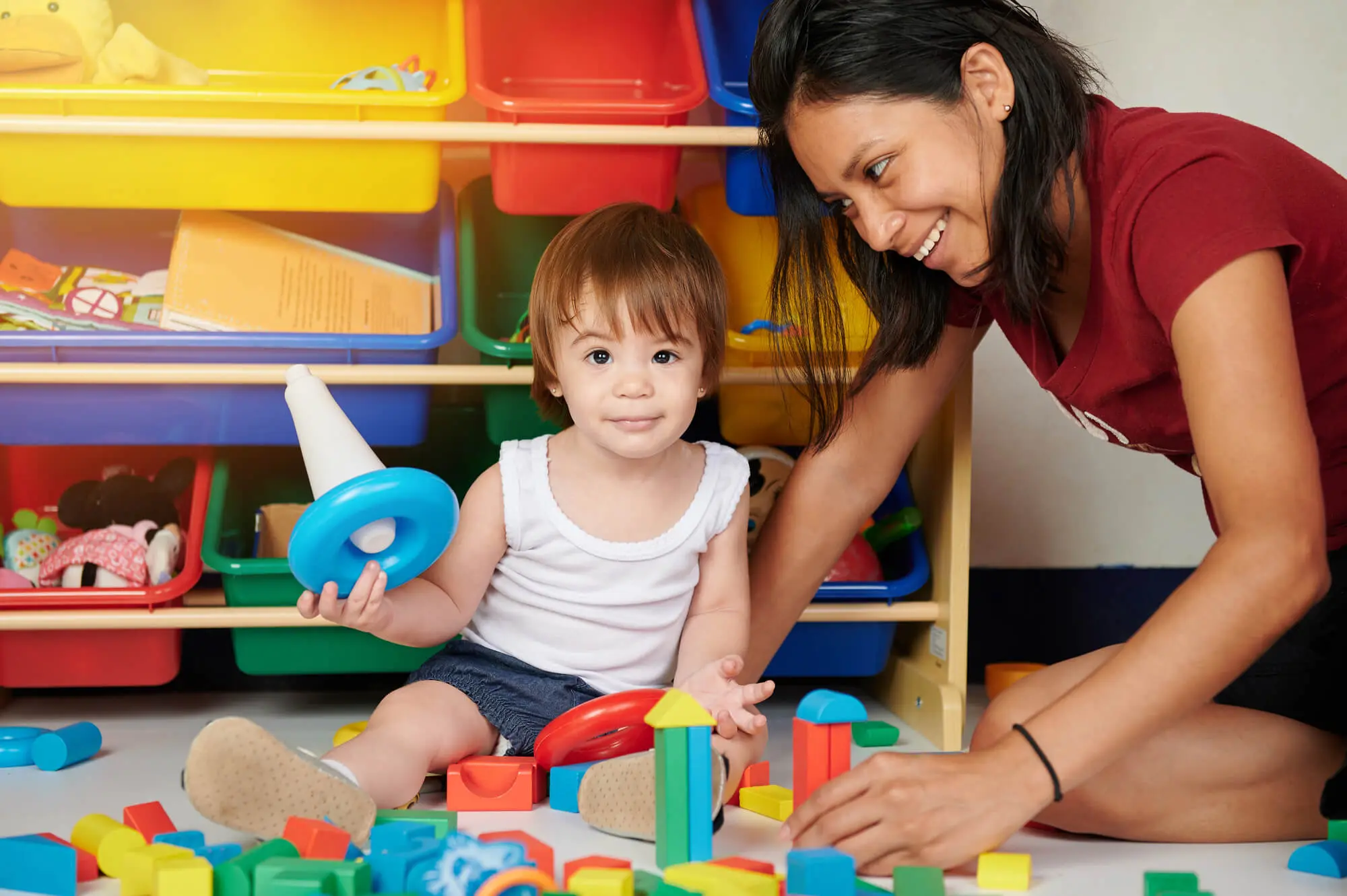Early Childhood Evaluation Hub: Expanding Child Care Programs and Spotlight on External Research Partner, Schultz Patel Evaluation

Between 2021 and 2022, the Colorado Department of Early Childhood received over $700 million in stimulus funding to strengthen Colorado’s early childhood sector. The Colorado Lab is coordinating the Early Childhood Evaluation Hub, contracting with multiple evaluation teams to conduct high-quality evaluations of more than a dozen prioritized stimulus-funded activities to ensure the goals of the activities are being met. Over the next several newsletters, we’re highlighting these stimulus activities and the selected evaluation teams.
Creating and Expanding Child Care Programs
A portion of the stimulus funding supports the construction of new child care facilities and the expansion of existing programs to increase the availability of licensed early childhood programs for families in Colorado. This includes employer-, home- and faith-based early childhood care and learning centers. While most of the funding is being directed to building new spaces to serve more children, funding may also be used for allied purposes like training teachers on a new curriculum as a center expands to include a new age group or purchasing supplies for a new program.
As reported in a recent Colorado Sun article, more than 80% of these funds have been directed to areas in Colorado designated as “day care deserts,” where there are more than three children for every one child care slot. The most dire day care deserts in the state have eight children for every one child care slot.
Spotlight on External Research Partner: Schultz Patel Evaluation
The evaluation of this undertaking is being led by Dr. Maggie Schultz Patel in collaboration with Dr. Debbie Gowensmith. Together, they have nearly 30 years of experience conducting evaluations in program areas, including early childhood education and workforce development.
“We’re conducting a social network analysis of outreach to understand who is being targeted to receive information about these grant opportunities and who is applying,” said Dr. Gowensmith. “The intent is to help the Colorado Department of Early Childhood and the state learn more about how to successfully reach people who are largely eligible in areas of greatest need.”

Debbie Gowensmith

Maggie Schultz Patel
“It’s pretty common for state governments to have a short timeframe to disperse funding to address existing needs like this,” said Dr. Schultz Patel. “It’s an intensive process to manage and this provides the state with the opportunity to learn what works and to then apply learnings to future efforts.This process evaluation also lays an important foundation for future outcome evaluations that can explore links between quality early child care and the ability for parents to participate in the workforce and for children to be prepared for kindergarten.”
Both evaluators are personally and professionally passionate about this project. Dr. Gowensmith notes her struggles to secure child care when her children were small. “I ended up balancing care through neighbors and friends because I don’t have family here. It was really difficult to access and it was expensive. I had a desire to contribute to my household economic security, but was limited because of that struggle.” She also worked with schools in Southeastern Colorado where she heard “over and over again about the difficulty of recruiting teachers in those rural areas because of a shortage of child care.”
Dr. Schulz Patel, who was trained as a social worker, says she always wants to focus on efforts that strive to change social conditions. “I started my career focused on workforce development, and the more you learn about it you can see that it’s easiest and most efficient to try to get in at the early childhood level. This approach offers the opportunity to get kids started on the right track, allows parents to work and businesses to be well staffed, and strengthens the state’s economy.”
To learn more about the Early Childhood Stimulus Evaluation Hub, visit our website or contact Dr. Whitney LeBoeuf.